 |
World Radio History
Site Technology:
Scanners, computers & software. |
|
|
Preparing each document
for publication on
worldradiohistory.com
is a process involving
a
detailed series of steps.
using the most
advanced hardware
and
software available. |
|
- Computer hardware
- Scanning to JPG files
- Processing bitmap
scans
- Optical Character Recognition
- Conversion to compressed PDF
for the Internet
- User Contributions of
publications
- How to send your own scans
|
Our
Equipment
2025 Update
We have four computers doing processing, book scanning,
sheet-fed scanning and wide document scanning, plus
four independent NAS storage devices..
The most advanced computer is the site design and
scan processing unit. It employs an Gigabyte Motherboard with a Ryzen Threadripper 7965
processor,
Memory is 124 gb of G.Skill DDR5 6600, and it has an
Asus RX 7900 OC video Card, Corsair triple fan 140cm
water cooling, a Gigabyete 1300 watt power supply, a Seagate Firecuda
PCIE Gen 5 m.2 SSD boot drive.
This computer has an internal HighPoint RAID array of
8 Crucial T700 2tb PCIe Gen5 SSDs for most site work.
A second RAID card holds 8 4tb SSDs for daily
backup. There are also 4 x Seagate Exos 24tb internal backup drives
for weekly fill system backups.
Four Synology NAS systems with over 120tb of storage
are used for additional backup and storage of all
raw bitmap scans..
.
Monitors are Asus ROG Swift 38" 3840 x 2160 displays on the
work computer and Dell UP301730" monitors on the
scanning computers.
The main computer case is a Lian Li 0-11 Full..
We use customized WASD Mechanical keyboards and
Corsair vertical
mouses on all units.
Additional hard drive backups are maintained
offline in separate secure locations.
Each of the three main scanners has its own computer
set up for the best performance for that specific
scanner. We have 3 scanners for sheet feeding, wide
documents and open-book scanning.
At present, all three scanners are attached to
individual computers using Corsair iCue cases, power
supplies and liquid coolers with AMD Ryzen 9 CPUs
and 64tb of Corsair memory.
Clicking on many of the items will bring up that product's
description page.
Clicking on most images
will link to a full description. |
|
-
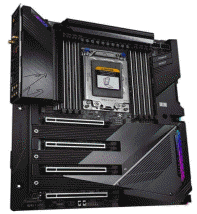
Gigabyte Aorus Motherboard |

124gb of G.Skill
DDR5 6600
Memory |

Highpoint RAID Controllers
One with 16tb as work disk and another with 32tb for daily
backups. |

4
Seagate Exos 24 tb drives
for ongoing backup in system. |

Aorus Waterforce Liquid Cooler |
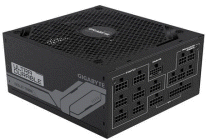
Gigabyte 1300 watt
Power Supply |

Seagate Firecuda boot drive
with 2 parallel backups and
8 x 2gb in RAID data array |

Asus TUF
RX 7900 RX Video Card |
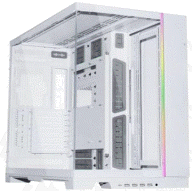
Lian Li 0-11
Case |

Ryzen 7965 24 core CPU |
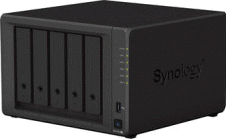
Two Parallel Synology
NAS with 5 x 20tb drives
for Site and Work backup |
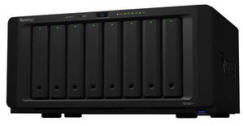
Two Synology 8 Bay
NAS with 16tb drives to preserve large original bitmap scans |
|
Each Scanner has its own Computer |
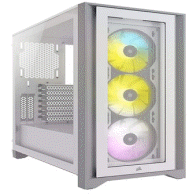
Corsair iCue Cases |
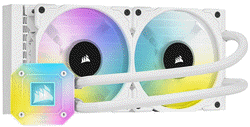
Corsair iCue H100i Liquid Cooler |

AMD Ryzen 9 2900X CPUs |
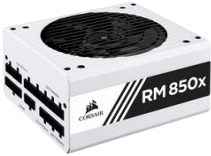
Corsair RMX Power Supplies |
|
|
Hosting
We have a dedicated server at one of HiVelocitiy's "server
farms" centrally located in Dallas, TX.
At that location we have a redundant RAID array that has
given us 99.999% up time over the last three years. |
|
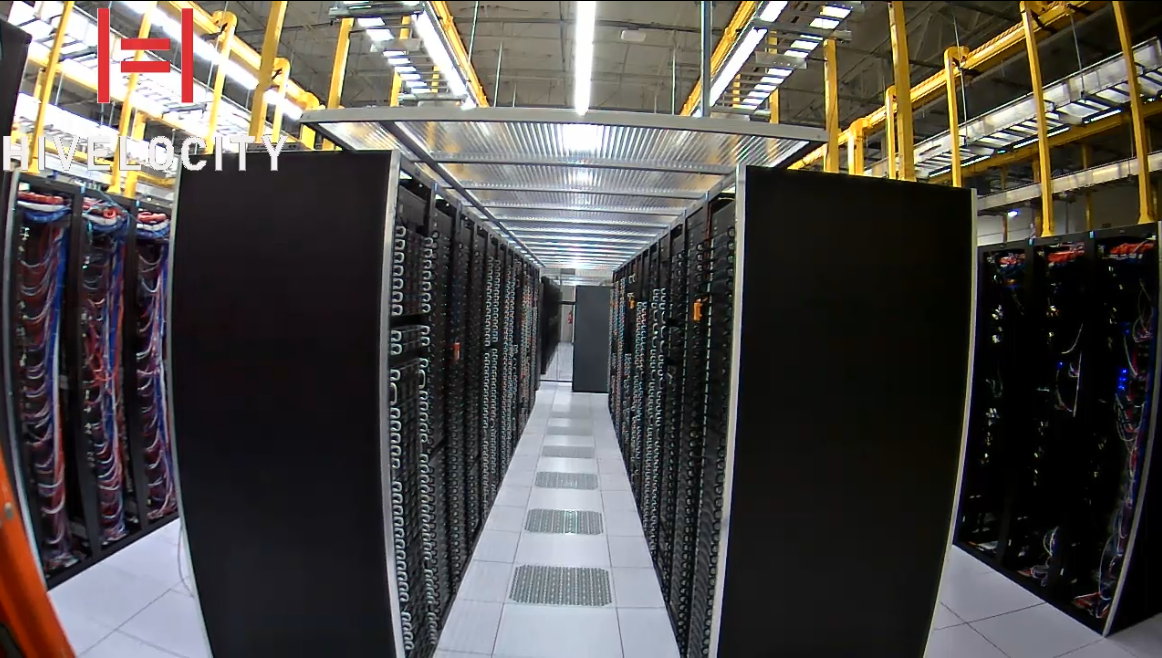
|
|
Scan Hardware |
|
|
Scanning Decisions
The first step in putting a document on the site is scanning. Depending on the
publication, a
sheet fed scanner may be employed,. For non-destructive
scanning the camera
based library scanner or a large format flatbed can be
used. |
|
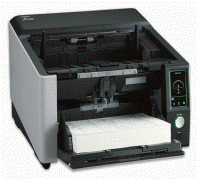 |
 |
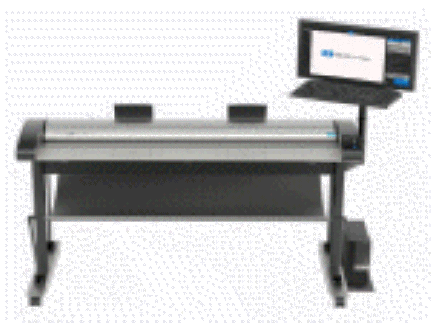
Click for Details |
Ricoh fi 8820
Document Scanner |
Bookeye 5 V3
Open Book Scanner |
Centex IQ Quattro X for wide documents. |
|
Sheet-Fed
Scanner
When we scan documents that do not have to be returned
"intact" to their owner, the preferred method employs a
sheet-feed high resolution scanner. We use the Ricoh fl 8820
which can do a 1000 page document in less than 10 minutes.
The resultant scans are the best of all the possible
alternatives. The downside is that publications have to be
separated into single pages.
Scanning Adjustments
The Ricoh scanner features considerable flexibility in
document handling and scanning. here is a view of one of the
setup menus that allows customization by document type, size
and resolution.
Adjustments to contrast, brightness and document type can be
made. The scanner is "smart" and reads graphics differently
from text to get crisp letters and sharper pictures. |
|
|
Flatbed Scanner
The Epson flatbed is used for
thick pages, covers and irregularly sized or damaged sheets.
This scanner allows for large A3 size items to be scanned. |
|
|
Binding Removal
Preparing publications for sheet feeding. The spine or
binding must be removed using an industrial paper cutter.
Note: when items are on loan, this procedure is not used.
See the Bookeye scanner below for the non-destructive process used in such
cases. |
|
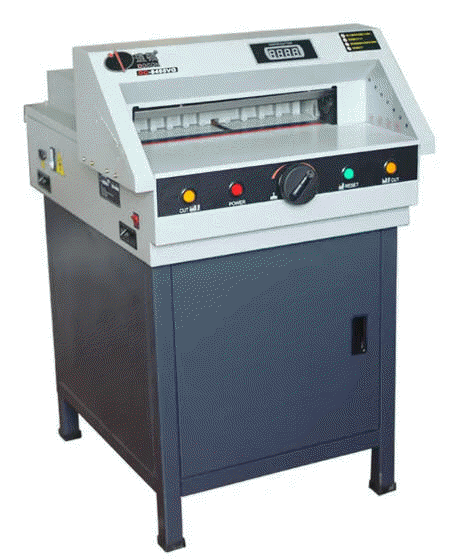 |
Loaned Documents:
Non-destructive scans.
Documents which can not be stripped at the binding for
single page scanning can be scanned with no damage,
wear or stress using the Bookeye 5 V3 Overhead Book
Scanner..
It takes a digital photograph of two pages at a time and
adjusts for curvature and shape distortion.
Click for additional data. |
|
|
Software Enhancement
Proprietary specialized software is used to
enhance the scans. Here is another view of the book scanner
showing the screen which allows for a range of adjustments
to the final scan.
We buy our scanners from
 . .
They are knowledgeable, fair and truly nice people! |
|
|
Large Document Scanner
Schematics and large "fold out" pages are now scanned on a Contex
IQ Quattro X 3650 36" large format scanner.
These are scanners used by architects, engineers and system
designers and can scan big fold-out diagrams in equipment
manuals and poster-size inserts in magazines.
Click picture for scanner's website. |
|
|
Flatbed Scanner
Big projects of very large or very delicate documents are scanned on a
DS 5000 12" x
19" flatbed scanner from Epson. While this is the slowest
method by far, with a 100 page document taking upwards of an hour, it is the best way to capture brittle old
publications or oversized documents. Click picture for Epson
website specifications and pricing.
|
|
|
Flatbed Software
With the flatbed scanner, we employ the Professional version
of VueScan, the absolute best scanner software for both the
average consumer and the professional. It's available at a
reasonable price in two versions at
http://www.hamrick.com/
The consumer version is only $39.95 and is much better than
anything that comes bundled with lower-cost scanners.
|
|
|
BookDrive Editor
Whether a page is scanned on the sheet fed Panasonic, the
Bookeye or one of several flatbed scanners, the JPG
originals are processed in BookDriveEditor.
Here things like contrast, brightness and color gamut can be
adjusted. Background removal is possible, as is de-skewing,
resizing and sharpening. It's possible to take poor and
discolored
originals and make them very legible and useful with this
application. |
|
|
Foxit
PDF Compressor Pro 8.0
Once documents have been optimized in BookDrive Editor, they
are processed in Foxit PDFCompressor Professional (Formerly
CVision PDF Compressor) , where
huge jpg files are converted to manageable PDFs for Internet
viewing.
At the same time, the documents are processed for Optical
Character Recognition so that they can be searched.
|
|
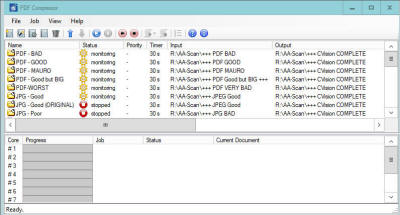
Click the graphic to see the PDF Compressor home page. |
Indexing for Search
Publications that are part of large collections, like
Broadcasting Magazine, are globally indexed so that the
entire collection can be searched.
We use Zoom Search Engine from Australia's PassMark. It
creates highly configurable search databases that are
callable via css functions.
Click the graphic and you can visit the Zoom Search website. |
|
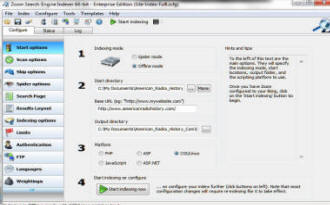 |
|
Why do all this? |
|
This site is your
webmaster's homage to the radio industry.
It serves a practical purpose of demonstrating my
commitment to my profession and my consulting clients
naturally
appreciate that and gain an understanding of my
knowledge of the radio industry. That aspect of my
career makes this site totally free and open.
A wonderful side benefit lies in being able to
pass something forward after 62
years in a sometimes frightening but always exciting
field of endeavor: radio. |
|
Contributions
We welcome site user contributions.
If you wish to simply give items,
email
us! If you wish to loan documents which are to be
returned, we can provide shipping via UPS or USPS both ways.
If you
have scanned documents yourself or want to do so, contact us for our preferred file
formatting information and access to our DropBox account.
|
|
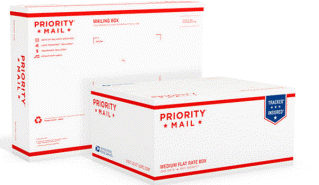 |